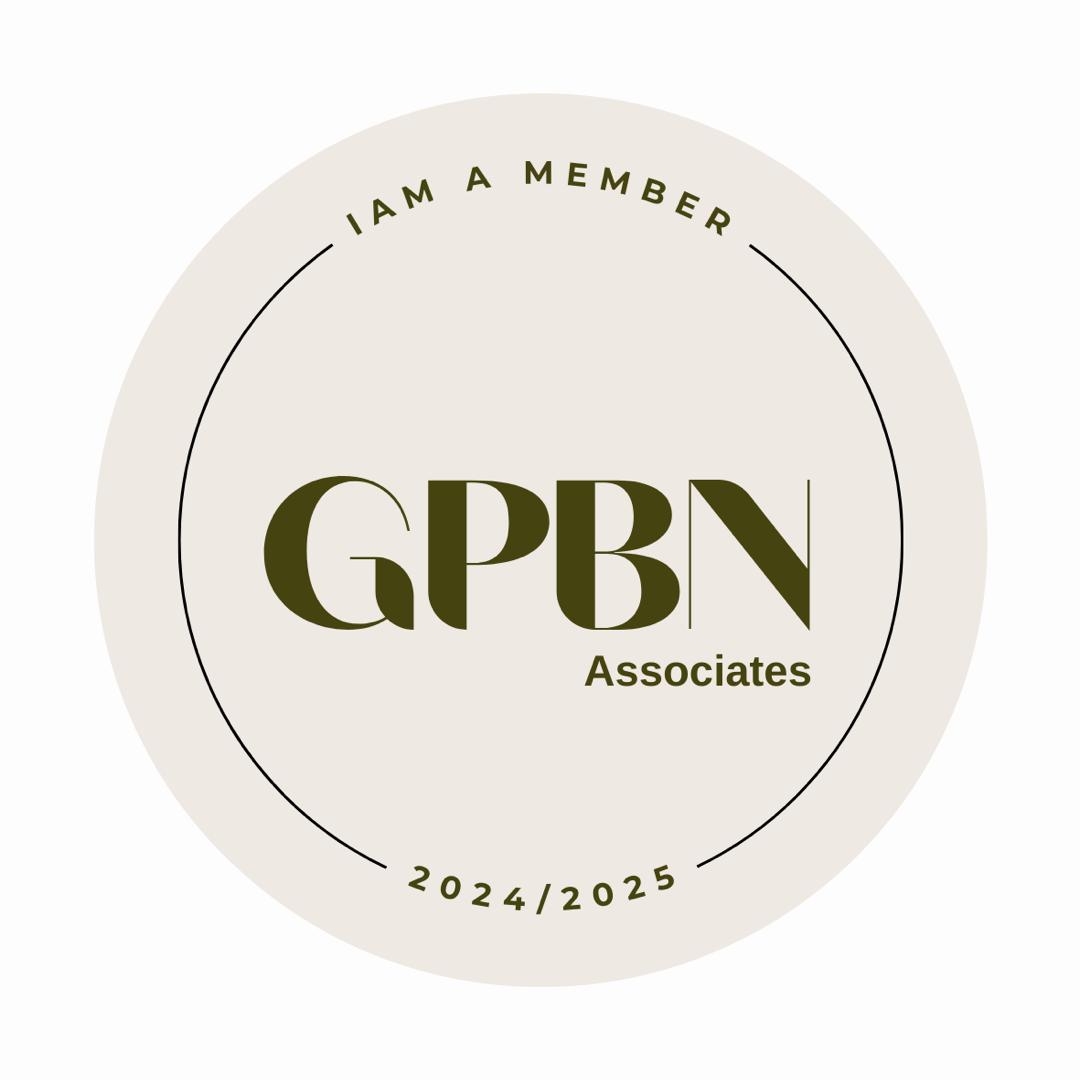In recent months, there have been growing indications that pressures are mounting on the pump price of petrol in Nigeria.
The landing cost of petrol has surged by 19.3 percent to N596.93 per litre as of yesterday, up from approximately N500 per litre in July 2023 when the last pump price adjustment was made.
This significant increase has left both consumers and petroleum marketers concerned.
Touchaheart Nigeria reports that the factors behind this surge and its implications for Nigeria’s fuel market.

Rising Crude Oil Prices and Exchange Rate Volatility
One of the primary drivers of the increasing petrol prices in Nigeria is the continuous rise in global crude oil prices.
In August 2023, crude oil prices rose by 7.5 percent to $85.89 per barrel from $79.92 per barrel in July 2023.
This increase, coupled with the depreciation of the Naira to N775/dollar in the official market and inflation at 22.79 percent, led to the rise in the landing cost of petrol to over N500 per litre.
However, the situation worsened as crude oil prices climbed even higher, reaching $97.17 per barrel in recent days.
This, combined with the current exchange rate of N773.98/dollar in the official market, has intensified the cost pressure on petrol, prompting concerns about further upward adjustments to the pump price as subsidy costs mount.
Breaking Down the Cost Components
A detailed analysis of the costs involved in importing petrol reveals the challenges faced by marketers.
Various factors contribute to the high landing cost, including freight (Lome-Lagos), port charges, Nigerian Midstream and Downstream Petroleum Regulatory Authority (NMDPRA) levy, storage cost, marine insurance, and tendering cost.
These components collectively raise the financial burden on fuel importers.
Government Influence and Potential Losses
Despite attempts at deregulation, the government’s influence in determining petrol prices remains significant.
The analysis indicates that potential importers face the risk of suffering losses depending on different price scenarios.
In areas where petrol costs N560 per litre, importers may generate revenue but still suffer losses in the process.
Diesel Price Escalation Adds to Concerns
Petrol marketers have not only been grappling with the rising petrol prices but also with the escalating cost of diesel, which they use to power their trucks.
Diesel prices have surged to N1,100/litre in many locations, up from over N700 earlier in the year.
This has put additional strain on their operations and distribution network.
Aviation Fuel Challenges
Aviation kerosene, also known as Jet A1, has also faced price volatility.
The price of Jet A1 varies depending on location, with Lagos sourcing prices around N950 and other locations ranging from N950 to N1,050.
This fluctuation poses challenges for airlines that struggle to pass on these rising costs to travelers.
Hope on the Horizon
Despite these challenges, there is hope on the horizon.
Elder Chinedu Okoronkwo, President of the Independent Petroleum Marketers Association of Nigeria (IPMAN), has expressed optimism that Nigeria’s reliance on fuel imports will reduce significantly with the expected start of operations at the NNPCL Port Harcourt refinery in December 2023 and the Dangote refinery in November 2023.
These developments could reduce the country’s dependence on foreign exchange for fuel imports.
Economic Experts’ Concerns
Economic experts have raised concerns about the broader implications of the energy crisis on Nigeria’s economy.
They emphasize the need to address escalating energy costs, including diesel, gas, and aviation fuel.
Calls have been made for generous tax cuts on energy products and support for small businesses to mitigate the impact of rising energy prices.
The Shift to Compressed Natural Gas (CNG)
The Nigerian Gas Association (NGA) has suggested a shift to Compressed Natural Gas (CNG) for transportation and small generators as a more affordable, available, safe, and environmentally friendly alternative.
They call for the acceleration of the Nigerian Autogas Policy as part of the National Gas Expansion Programme (NGEP) to achieve this transition.
What You Should Know
The mounting pressure on petrol and diesel prices in Nigeria is a multifaceted issue driven by global crude oil prices, exchange rate volatility, and other factors.
While there are hopes for a reduction in import reliance with the commissioning of new refineries, it is crucial for the government to address these challenges to ensure economic stability and sustainable energy solutions.



































































